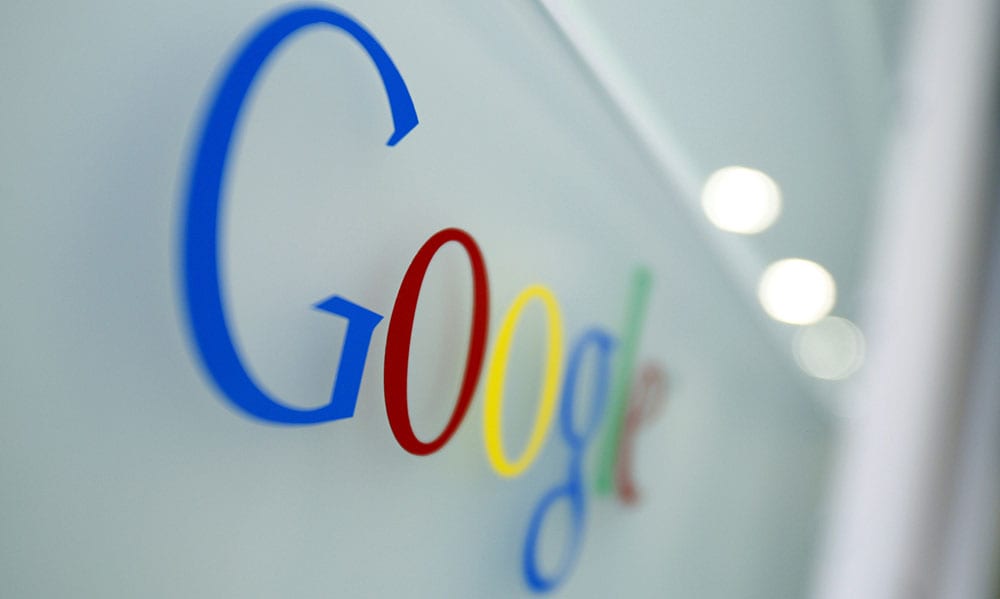Giant tech Google is always making efforts to break new grounds. Since August 2016, when the mysterious Fuchsia OS was discovered as a seemingly random open-source code posted on Github by Google, several experiments have been carried out. Its been a year since the operating system has been worked on and contributed to by the developer community.
The developing community here that created Fuchsia OS was a Zircon microkernel built by Google, rather than the usual Linux kernels where Android and Chrome OS are held together.
Google has not attempted to make public the details of the Fuchsia OS, probably because its capabilities are still being experimented. This must be why, as reported by Chrome Unboxed, Google released the software documentation to enable developers to load Fuchsia OS on the Google Pixelbook. There is a lot of software engineering work involved.
The Fuchsia operating system works differently from other OS you’re already familiar with. To load Fuchsia OS on the Pixelbook, two machines are required to host and target the Pixelbook. The interesting fact that further piques our interest in the mysterious OS is that Google picked the Pixelbook as the experimental gadget. Although some testing experiments have also been done on Intel’s NUC and Acer’s Switch Alpha 12 Chromebook. We can thus have high expectations of Fuchsia OS.
Before now, developers have linked the operating system to embedded systems found in smart devices, wearable devices and Internet of Things (IoT) gadgets.
Despite the ongoing testing experiments, Google hasn’t made it clear the reason why a new OS is being developed, neither has anything been said about the specific devices they intend the OS to run on. This has made several persons assume the Fuchsia OS could be a successor to the abandoned Andromeda project.
The Andromeda project is said to be a project in which Google intends to make a hybrid OS from Android and Chrome OS to run on a pixel laptop made for that specific purpose. While no one heard anything more about this project, Google simply made Android apps supported by Chromebooks. Fuchsia may well bring hopes of a hybrid OS to reality. In the meantime, we’ll keep monitoring the experiments and testings, including other developments Google may be up to.
Most Popular Tech Stories
- Kelly Betting – How It Works and the Kelly Criterion Explained
- What are Pokies? – The Latest Guide to How Pokies Work in Australia
- AI industry needs annual revenues of more than the UAE’s GDP to offset costs
- Pepe Unchained Meme Token ICO Hits $2 Million – Could PEPU See a Post-Launch Surge Like PEPE?
- 4 Best Meme Coins to Buy with 100x Gains Potential – Top Picks for July 2024
Latest News
Does AI increase productivity at work? New study suggests otherwise
Artificial intelligence software reduces productivity and harms the working environment, according to a study from the freelance platform, Upwork. The findings appear to question how AI is being deployed at...


















